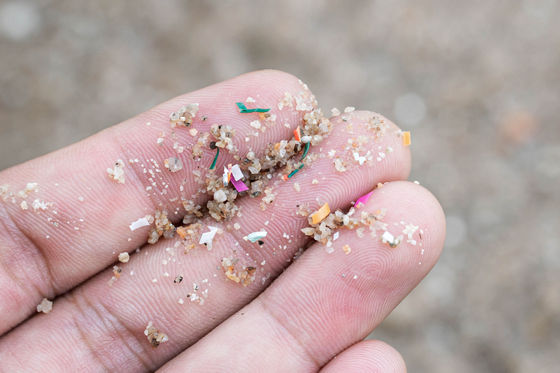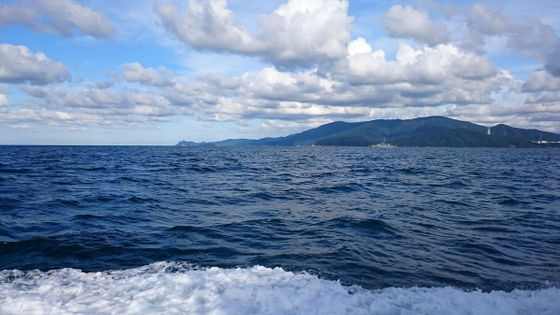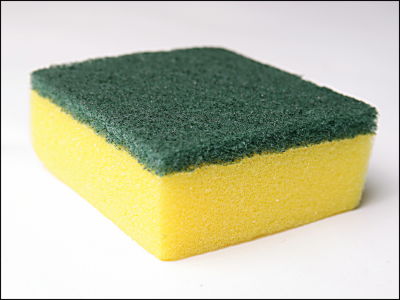Research reveals that microplastics in drinking water can be reduced by 90% just by boiling water, but the effect may be lower with soft water

In China, there is a custom of boiling water and drinking it as ``sayu'', which has the effect of warming the body and sterilizing drinking water. A new study conducted by a Chinese research team has shown that boiling water also has the benefit of allowing microplastics to be filtered out more effectively.
Drinking Boiled Tap Water Reduces Human Intake of Nanoplastics and Microplastics | Environmental Science & Technology Letters
Boiling Water Can Remove 90% of Microplastics From Your Tap Water
https://www.healthline.com/health-news/boiling-water-may-help-remove-up-to-90-of-microplastics
A simple way to remove microplastics from drinking water - The Washington Post
https://www.washingtonpost.com/climate-solutions/2024/02/28/microplastics-drinking-water/
The seriousness of environmental pollution caused by microplastics has long been recognized, but at the same time microplastics have been detected in all parts of the human body, including the lungs,blood , and placenta of living humans, and they have also been detected in drinking water. Concerns about microplastic pollution are also growing.
It turns out that bottled drinking water contains hundreds of thousands of microscopic plastics, some of which originate from water purification filters - GIGAZINE

To investigate the effect of boiling on the removal of microplastics, a research team led by Eddie Y. We conducted an experiment using tap water that was reproduced by adding ``.
They found that boiling water for 5 minutes allows common filters like coffee filters to remove NMPs.
According to the research team, when water reaches a sufficiently high temperature, calcium carbonate solidifies and envelops NMPs particles, making them easy to remove with a simple filter.

The removal rate of plastic particles is highly dependent on hardness , and the content of calcium carbonate, which is an indicator of hardness, is 300 mg per liter of water, which means that approximately 90% of NMPs can be removed in hard water with a hardness of 300 mg/L. became. On the other hand, the removal rate in soft water with a hardness of less than 60 mg/L was only about 25%.
For reference, the average water hardness in Japan (PDF file) is 48.9 mg/L .
The research team said in a media interview: 'This study is intended to stimulate more research to fully understand the impact of microplastics on human health and the effectiveness of boiling in removing microplastics. 'More research is needed.'
For example, water hardness varies by region, as well as water quality and the amount of microplastics, so effectiveness varies. On the other hand, the research team pointed out that boiling water has health benefits beyond removing microplastics, such as killing harmful microorganisms, viruses, and parasites.
If you want to try this research at home, boil water for 5 minutes, let it cool for 10 minutes, and filter out the solids that come out.
Related Posts:







